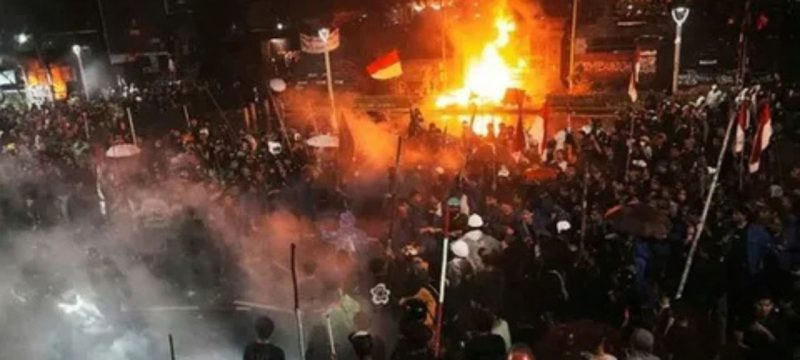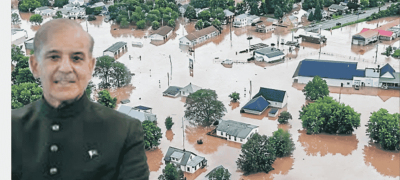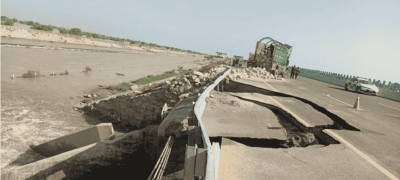Protests in Indonesia have escalated into a deadly movement, placing Jakarta on high alert as demonstrations intensify across the country. What began as gatherings of students and civil groups has now expanded into violent confrontations, raising serious concerns for public safety and political stability.
According to reports, clashes between protesters and security forces have already claimed lives and left many injured. The unrest is no longer limited to local universities or isolated towns: the nation’s capital is now at the center of the storm. Officials fear that the scale of violence could worsen if tensions remain unchecked.
Jakarta is on high alert amid nationwide protests
The keyword Jakarta on high alert has become the central focus of the ongoing crisis. Authorities have deployed additional security forces in the capital to prevent riots from spiraling out of control. Streets surrounding government buildings, universities, and public squares have seen heavy police presence, with water cannons and tear gas being used to disperse crowds.
Protesters, however, remain defiant. According to reports, student groups have vowed to continue demonstrations despite threats of arrests. Their demands include:
- Greater accountability from political leaders
- Immediate reforms to policies seen as undemocratic
- Justice for victims of police brutality
- Stronger protection for civil rights and freedoms
Deaths fuel anger and strengthen the movement
The loss of lives during the protests has further fueled public anger. Witnesses describe chaotic scenes in several cities, with shops forced to close early and transportation disrupted. For many Indonesians, the violence has highlighted a growing divide between citizens and authorities.
Observers warn that if the government fails to address public concerns, the unrest could escalate into a prolonged crisis. Civil society organizations have also called for dialogue, urging both sides to avoid further bloodshed.
A turning point for Indonesia
The phrase Jakarta on high alert is more than a headline; it reflects the urgency of the moment. Indonesia now faces a critical test of leadership, governance, and national unity. As protests spread beyond Jakarta to other major cities, the nation watches closely to see whether leaders can calm tensions or whether the crisis will deepen.
The coming days will prove crucial. For now, the people of Jakarta remain anxious, uncertain, and determined to make their voices heard.







